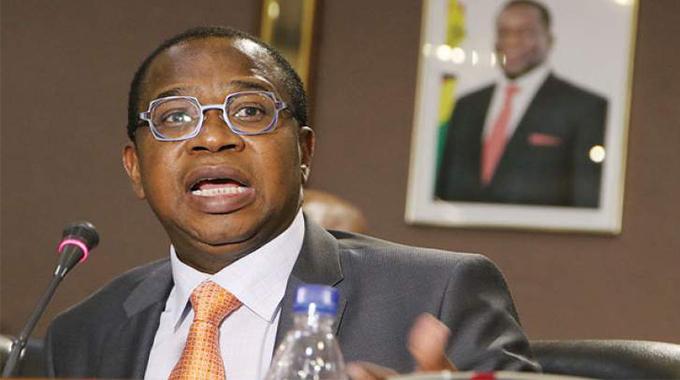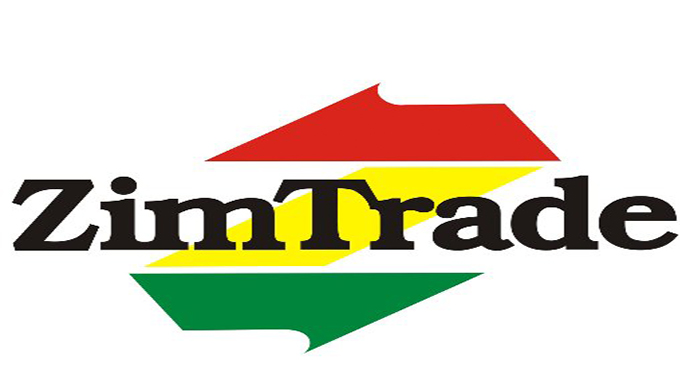EDITORIAL COMMENT: Zim dollar to bring stability to the economy, tame inflation

GOVERNMENT’s decision to remove the multi-currency regime and restrict domestic transactions to a local currency — renamed the Zimbabwe dollar — will boost economic activity, eliminate speculative tendencies and bring relief to the majority of Zimbabweans who were finding it difficult to survive in an economy that was rapidly dollarising.
It also lays the groundwork for the eventual introduction of the Zimbabwe dollar later this year which will become the sole legal tender in the country.
Introduced in 2009, the use of a basket of currencies which included the United States dollar, the SA rand, the Botswana pula and the British pound was meant to tame inflation which had reached unprecedented levels.
Between 2009 and 2013, inflation was contained and there was a modicum of economic stability but no real growth in the manufacturing sector.
This was because of a plethora of reasons among them the high cost of production resulting in Zimbabwean goods being uncompetitively priced in the region due to the strength of the US dollar.
The Reserve Bank of Zimbabwe also had no control over the country’s monetary policy and was unable to use an array of tools at its disposal such as interest rates, use of a monetary policy committee to defend the value of the domestic currency and target inflation among others.
Government’s latest intervention should therefore be understood in the context of a rapidly deteriorating situation on the market where businesses were pricing their goods based on the prevailing parallel market rates for the US dollar.
Due to its volatility and unpredictability, prices of goods and services were changing on a daily basis and getting beyond the reach of many people, particularly those in formal employment, necessitating decisive action.
Government has a duty to protect the majority of the people of Zimbabwe and the erosion of the buying power of the RTGS$ was impoverishing the country’s workforce while benefiting a few speculators dabbling in parallel market activities.
This had to stop. In arriving at the decision to do away with the multi-currency regime, Government took into account the availability of key economic fundamentals needed to underpin a currency.
These include among others, controlled Government expenditure and a budget surplus. The RBZ has also moved quickly to support the move by putting in place measures to buttress the removal of the multi-currency system.
These include letters of credit amounting to US$330 million for importation of critical commodities such as fuel, cooking oil and wheat.
The RBZ also plans to increase the supply of forex on the interbank market through ensuring that at least 50 percent of the surrender portion of forex is channelled towards the interbank to ensure manufacturers and importers have easy access to funds.
Other measures include directing banks to transfer to the RBZ the RTGS$/ZWL$ that they are holding as counterpart funds for the foreign currency historical or legacy debt that Government, through the Reserve Bank, is assuming at the rate of 1:1 between the RTGS$ and the US$.
This is expected to mop around ZLW$1.2 billion from the market by the end of this week.
The monetary authorities also adjusted the interest rate on the RBZ overnight window upwards from the current 15 percent per annum to 50 percent per annum in line with inflation trends.
They removed administrative limits on the operation of bureaux de change and on the cap on margins for banks for interbank foreign exchange transactions.
The RBZ also put a vesting period of 90 days on disposal of dual listed securities or shares purchased by investors on the Zimbabwe Stock Exchange. These measures are meant to ensure stability on the market while the Zim dollar finds its true value.
We welcome the bold and decisive Government interventions and urge Zimbabweans to embrace them for the good of the nation.
No country in the world has prospered on the back of dollarisation as the US unit is too strong for many economies, particularly those in the developing world.
Zimbabwe is also under US sanctions and in some transactions, it was unable to maneouvre due to the restrictive measures. The country has therefore taken back control of its monetary policy and this should be applauded.
As the Minister of Finance and Economic Development,, Professor Mthuli Ncube, said on Monday, using the Zimbabwe dollar will make it easier to transact on the domestic market with forex reserved for external payments.
“We also know that in some quarters we were not even allowed to transact in US dollars because of things like sanctions and other restrictions. So, it’s necessary to move on and use a currency that you can control.
“And also, what we are trying to do is restore full monetary policy where the Central Bank can conduct monetary policy using the array of tools that are necessary for managing monetary policy such as interest rates, use of a monetary policy committee to govern things like targeting money balances or even targeting inflation,” he said.








Comments